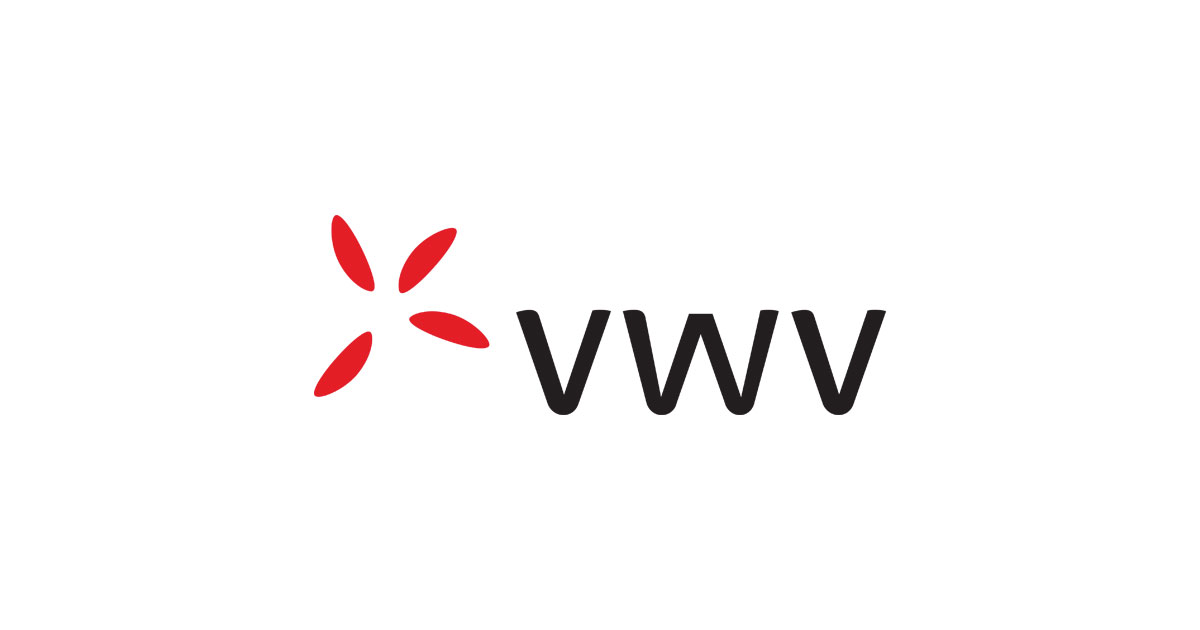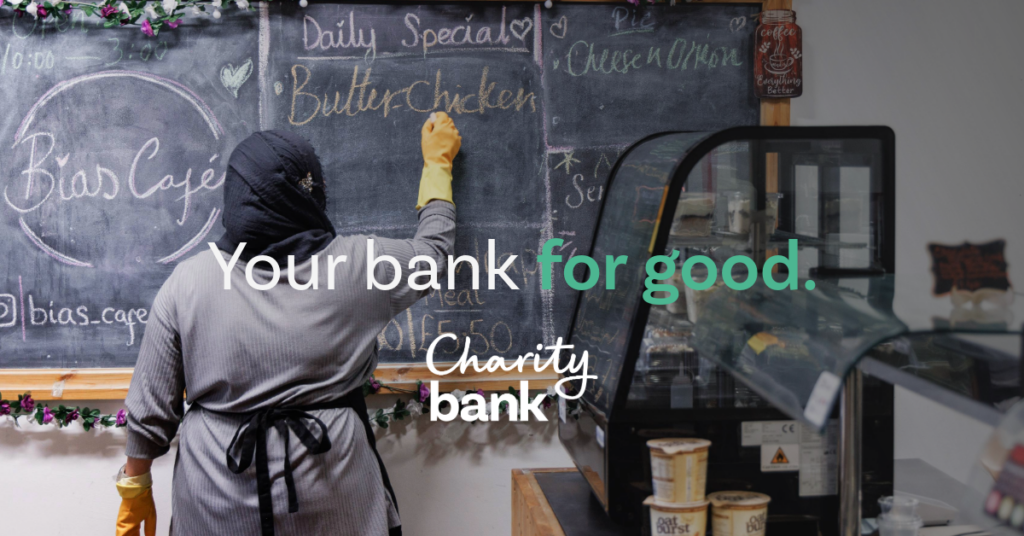
Building Resilience through Good Governance – a lesson from Derby’s Quaker past?
Shivaji Shiva, Charities Partner at the law firm VWV, shares the surprising insights from Quaker practice that could re-energise your decision-making.
Charity Bank’s Road to Growth event in Derby took place this month and I agreed to speak on ‘Building Resilience through Good Governance: responding to developments in charity law and regulation’. In preparing, I learned that Derby is known for being the town where Quakers were given their name by a judge mocking the exhortation of George Fox to “tremble at the word of the Lord”. This prompted me to reflect on what charities can learn about good governance from the Religious Society of Friends (Quakerism).
As it happens, Quaker Faith & Practice, the Religious Society of Friends’ book of discipline, is a mine of useful tips on good governance. It describes, among other things, the Quaker business method, a suite of tools to support decision-making. The best known of these tools is the use of silence at the start and end of Quaker business meetings to help those involved ‘come with heart and mind prepared’ for the work of the meeting, and leave prepared for what follows. But there is much more.
I have highlighted below some areas of Quaker practice which you may want to explore with your board of trustees.
- The clerk: In a Quaker meeting the clerk has a role which resembles that of a chair – including agenda preparation, minute drafting, and ensuring the efficient conduct of business – but there are interesting differences of emphasis.
- Humility: The clerk is the servant of the meeting. Where space allows, the clerk will be seated facing the others in the meeting. She/he is not there to lead the meeting but to help provide the meeting with a clear structure and to capture the resulting decisions. Just as a good chair will distinguish between his or her personal view on an issue and the ‘sense of the meeting’, the clerk will ‘stand aside’ – moving to a different position – when giving a personal view during the meeting.
- Discernment: Great emphasis is placed on the role of the clerk in ‘discerning’ the sense of the meeting. This is more than just wrangling a compromise or consensus. It is ‘a process of waiting and deep listening that filters out distractions and ‘noise’ to reach clarity’. This reaching for a better decision is a collective process. Once a minute is taking shape the clerk will put it to the meeting and, if the minute captures the sense of the meeting well, may be met with the phrase“hope so”. Why “hope so” and not plain “yes”? Because “yes” puts the focus on the individual: “I agree”, while “I hope so” allows space for others to respond: “I hope we can be in unity on this matter”. Everyone in a Quaker meeting is responsible for the process, not just the clerk.
- Contemporaneous minutes: The minutes are written and agreed as decisions are made. This avoids the sometimes unwelcome chore of writing or reviewing minutes some time after a meeting. It also places considerable responsibility on the clerk who must capture the result of the meeting in a minute that all those present can unite behind – and do so with very limited time to reflect. If this process is carried out carefully, it may take some time, but the decision reached as a result should have the committed support of all present so that it can be implemented quickly.
- Contributions and ‘air-time’: You are expected to speak only once, unless called again and not to speak simply to rebut something said by someone else.
- Navigating conflicting views: Quakers do not vote in meetings because they ‘believe this would emphasise the divisions between differing views and inhibit the process of seeking [the right way forward]’. This removes a tool which many chairs find reassuring – the option of calling a vote. But charity trustees should, in any event, be seeking to make decisions by consensus where possible. No one watching Parliamentary debates on Brexit can fail to see the danger involved in emphasising the divisions between those with different views. Where divisions are serious, the Quaker business method offers a variety of tools for airing and resolving issues in dispute.
Experienced charity trustees will apply some or all of the above tools, but it may be useful to review them in light of the Quaker Business Method, a process that has been in use for over 350 years.
About Charity Bank
Charity Bank is the loans and savings bank owned by and committed to supporting the social sector. Since 2002, we have used our savers’ money to make more than 1280 loans totalling over £500m to housing, education, social care, community and other social purpose organisations.
Nothing in this article constitutes an invitation to engage in investment activity nor is it advice or a recommendation and professional advice should be taken before any course of action is pursued.


